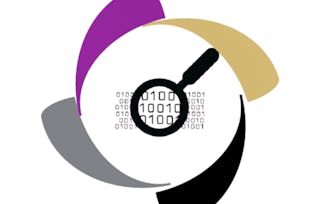Course 5 - Cryptography
This is the fifth course under the specialization SSCP. In this course, we will explore the field of cryptography, including public-key infrastructures (PKIs), certificates, and digital signing. Here we enter the realm of confidentiality, integrity, and availability, since we use cryptography to protect data from unauthorized disclosure and improper modification and use encryption to regulate the ability of users to log in to systems and applications. Course 5 Learning Objectives After completing this course, the participant will be able to: - Recognize the impacts of cryptography on confidentiality, integrity, and authenticity. - Determine the requirements for cryptography when handling sensitive data. - Identify regulatory and industry best practices in cryptography. - Define cryptography entropy. - Differentiate common cryptographic techniques used to enhance the security of sensitive data including hashing, salting, symmetric/asymmetric encryption, and elliptic curve cryptography. - Identify the features and requirements of nonrepudiation. - Compare the strength of different encryption algorithms and keys. - Describe the process of identifying and addressing cryptographic attacks. - Define the features of and the implementation process of secure services and protocols. - Discuss common use cases for secure services and protocols. - Explain limitations and vulnerabilities in the implementation of secure protocols. - Summarize fundamental key management concepts. - Describe the features of the Web of Trust (WoT) in relation to cryptographic protocols. Who Should Take This Course: Beginners Experience Required: No prior experience required















